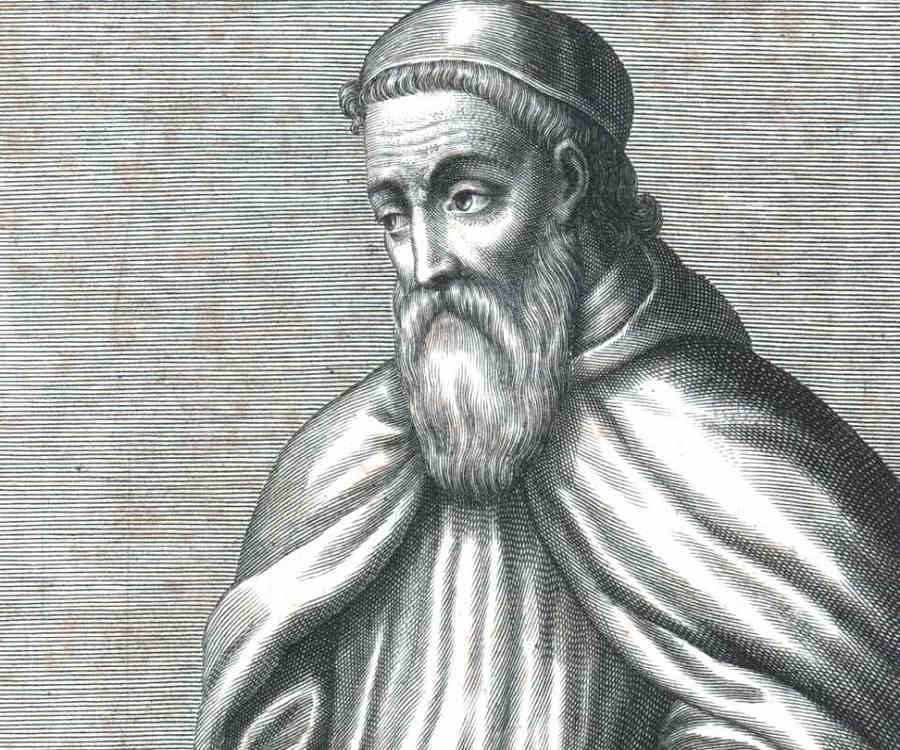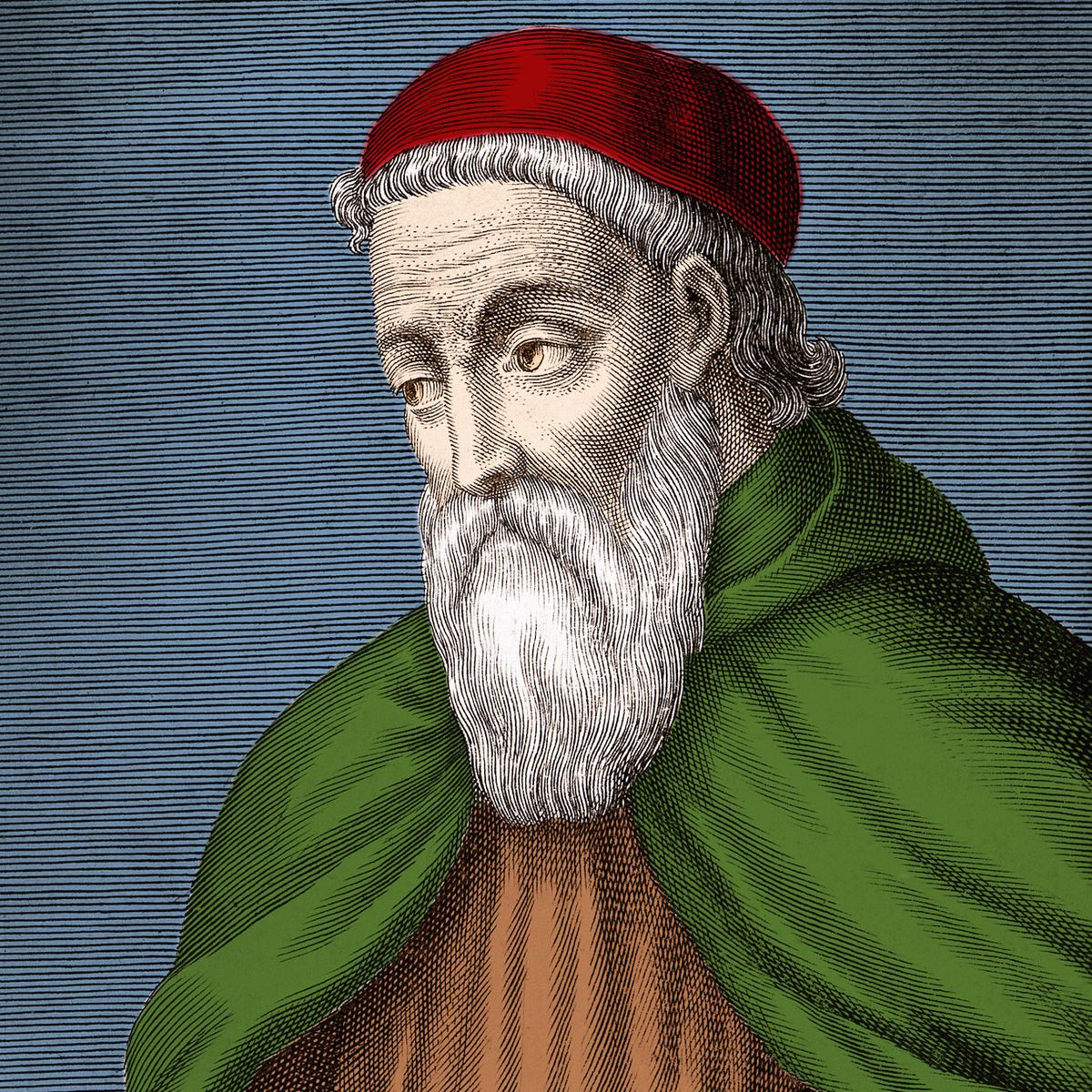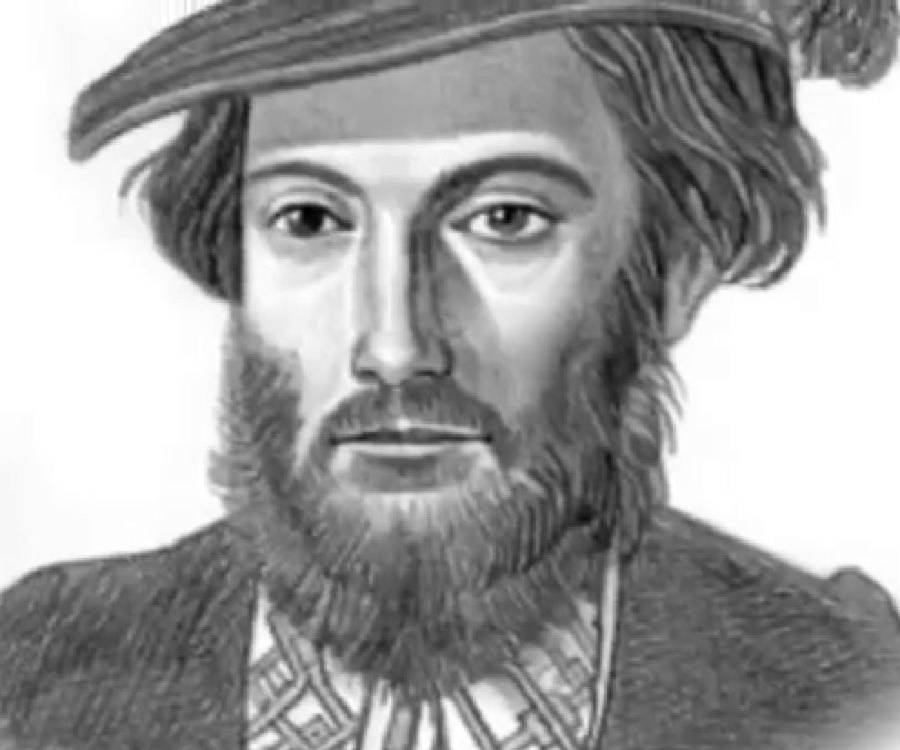Did a Florentine merchant and explorer truly redraw the map of the world, or was his legacy a carefully constructed narrative? Amerigo Vespucci's voyages, though shrouded in some controversy, undeniably reshaped European understanding of the Americas, ultimately leading to a profound shift in how the globe itself was perceived. This article delves into the life of this enigmatic figure, dissecting his travels, contributions, and the enduring impact he left on the world.
Born in the late 15th century, Vespucci's story is intertwined with the Age of Discovery, a period of unprecedented geographical exploration and the burgeoning of scientific knowledge. His journeys across the Atlantic Ocean brought him face-to-face with new cultures and uncharted territories. This exploration would forever alter the European perspective on the New World. We will explore his formative years, detail his significant voyages, and assess the lasting influence of his work on cartography and exploration. This is the story of Amerigo Vespucci.
| Information | Details |
|---|---|
| Full Name | Amerigo Vespucci |
| Birth Date | March 9, 1454 |
| Birth Place | Florence, Italy |
| Death Date | February 22, 1512 |
| Nationality | Italian |
| Known For | Explorer, Navigator, Cartographer |
| Notable Works | "Letters on the New World" (Various accounts of his voyages) |
| Career Highlights | Voyages to the Americas (1497-1504), Mapping of the South American coastline, Recognition of the Americas as distinct continents. |
| Primary Legacy | His crucial role in the European understanding of the Americas leading to the continents being named "America." |
| Controversies | Debates surrounding the authenticity of his voyages, questions about the authorship of some of his writings, and his role in comparison to Christopher Columbus. |
| Reference | Encyclopedia Britannica - Amerigo Vespucci |
Amerigo Vespucci's life began on March 9, 1454, in Florence, Italy. Born into a family of some prominence, his upbringing provided him with a foundation of knowledge that would serve him well on the high seas. His early education emphasized navigation, astronomy, and geography, a curriculum that prepared him for a life of exploration and equipped him with the skills to become a skilled navigator and cartographer. The intellectual environment of Florence during the Renaissance certainly played a role in his development. The city was a hotbed of artistic and scientific innovation, and this atmosphere undoubtedly fostered a spirit of inquiry in young Amerigo.
- Mackenzie Davis Husband Unveiling Her Relationship With Jesse James Keitel
- Unveiling Jewel Smith Jr Smiths Wife Their Life Beyond Basketball
Vespucci's family, while not of the nobility, possessed considerable influence within the political and economic circles of Florence. His father, a lawyer, and his mother, who came from a merchant family, ensured that Amerigo received a high-quality education. He studied mathematics and navigation, which were essential for a life at sea. These early studies provided him with the practical knowledge he would require to navigate the oceans, determine locations, and document his findings. This education provided him with the skills and knowledge that he would later use to navigate and chart the New World.
Before embarking on his voyages of discovery, Vespucci spent time working for the powerful Medici family in their commercial ventures. This association proved invaluable, exposing him to trade routes and mercantile practices. This experience provided him with valuable insights into the complexities of trade, which later influenced his approach to exploring the New World. His association with the Medici, a family renowned for their patronage of the arts and sciences, opened doors and provided him with the financial backing and connections necessary for his voyages.
Between the years 1497 and 1504, Amerigo Vespucci undertook a series of voyages to the Americas. His expeditions significantly broadened European understanding of the New World, differentiating him from Christopher Columbus, who remained convinced he had reached Asia. Vespucci's ability to recognize the Americas as distinct continents was revolutionary, and a pivotal moment in the history of exploration. His meticulous observations and accounts of these journeys provided Europe with its first detailed look at the land, its people, and its resources.
- Hd Movies Hub Stream Your Favorite Films In Hd Today
- Unveiling Florinka Pesenti Biography Career Impact Exclusive
While the precise details of his first voyage, likely undertaken in 1497, are still debated, it is generally believed that Vespucci sailed along the coast of Brazil. This voyage marked the beginning of his exploration of the South American coastline. He charted parts of the land, which laid the groundwork for future maps and expeditions in that area. Although some of the details are unclear, this initial foray into the Atlantic set the stage for his subsequent, more definitive voyages.
Vespucci's second voyage, which occurred between 1499 and 1500, was undertaken under the flag of Spain. This expedition took him to the northern coast of South America. His observations and documentation of the native populations, along with the recording of the flora and fauna he encountered, were of great importance to Europe. This voyage provided him with invaluable experience and knowledge, and it would go on to greatly affect the way Europeans would see the Americas. His meticulous recording would provide future expeditions with a wealth of information.
His third voyage, from 1501 to 1502, also explored the Brazilian coast, with Vespucci charting the territory further south. He sailed to what is now Argentina. His observations during this voyage were vital for cartographers, who were trying to create accurate maps of the new land. His precise descriptions and detailed notes were crucial to the development of more accurate and comprehensive maps of the region. His detailed observations helped to define the shape and extent of the South American continent, which was a great advance in the understanding of global geography.
Amerigo Vespucci's voyages were not only about geographical discoveries; they were also crucial to the advancement of cartography. His observations helped to challenge the prevailing geographical misconceptions of the time, most notably the notion that the Americas were part of Asia. He proposed that the Americas were, in fact, distinct continents, a critical insight that changed how Europeans perceived the world. He was the first to suggest the idea of a new "world," a revolutionary idea that would permanently alter the course of history.
Vespucci's detailed and widely circulated accounts of his travels influenced the creation of maps that depicted the New World. His maps aided in the correction of inaccuracies regarding the geography of the Americas. He was the first to accurately portray the true extent of the land and its separation from Asia, greatly enhancing the knowledge of the world. These maps provided essential details to other explorers, assisting them in navigating the uncharted territories.
The most lasting legacy of Vespucci is arguably the naming of the Americas. The name "America" was derived from the Latin version of his first name, "Americus." In 1507, a German cartographer named Martin Waldseemller published a map which officially named the new continents "America" after Vespucci. This solidifies his place in the history of exploration and geography. The naming of the continents after him is a testament to his significant contributions to the worlds understanding of the New World.
Amerigo Vespuccis legacy extends far beyond his voyages. He laid the foundation for modern geography and exploration. He is remembered as a pioneer who greatly shaped the European understanding of the Americas. His work was instrumental in the development of maps that accurately depicted the New World. He helped establish the Americas as separate continents, shifting the viewpoint of the global map.
The explorers who followed Vespuccis path were able to build upon his findings. His precise mapping and detailed documentation of the New World served as inspiration for future explorers. The detailed information he provided about the landscape, the native peoples, and the resources of the new world helped to lay the groundwork for European colonization and exploration.
The cultural impact of his voyages is deeply rooted in the naming of the continents after him. This reflects the European view of the time, which placed significant emphasis on exploration and discovery. This naming convention is a powerful indicator of his influence. It showcases the impact of his discoveries on the world. His legacy persists in our global perspective, as we continue to use his name when referring to the Americas.
Despite the significance of Vespuccis achievements, his life and work have also been subject to debate. Some historians have questioned the validity of his accounts, which raises questions about whether he actually undertook every voyage. These debates continue to influence the study of his accomplishments.
Historians have debated the authorship of the various letters and accounts published under Vespucci's name. Some of these writings may have been embellished or even fabricated in order to enhance his reputation. While his voyages undoubtedly had a great impact, it's difficult to know the true details of each journey. It raises the question: how much of his narrative was real and how much was carefully crafted?
The recognition Vespucci received for his contributions has sometimes overshadowed the achievements of other explorers, such as Columbus. This has led to significant discussions about how history chooses to remember its figures. The debate over his legacy highlights the complexities of historical analysis. Who is given credit, and why? These questions continue to be addressed in scholarly works.
- John Mahoney Life Career Sexuality The Untold Story
- Mikaela Pascal The Rising Social Media Star Biography More


